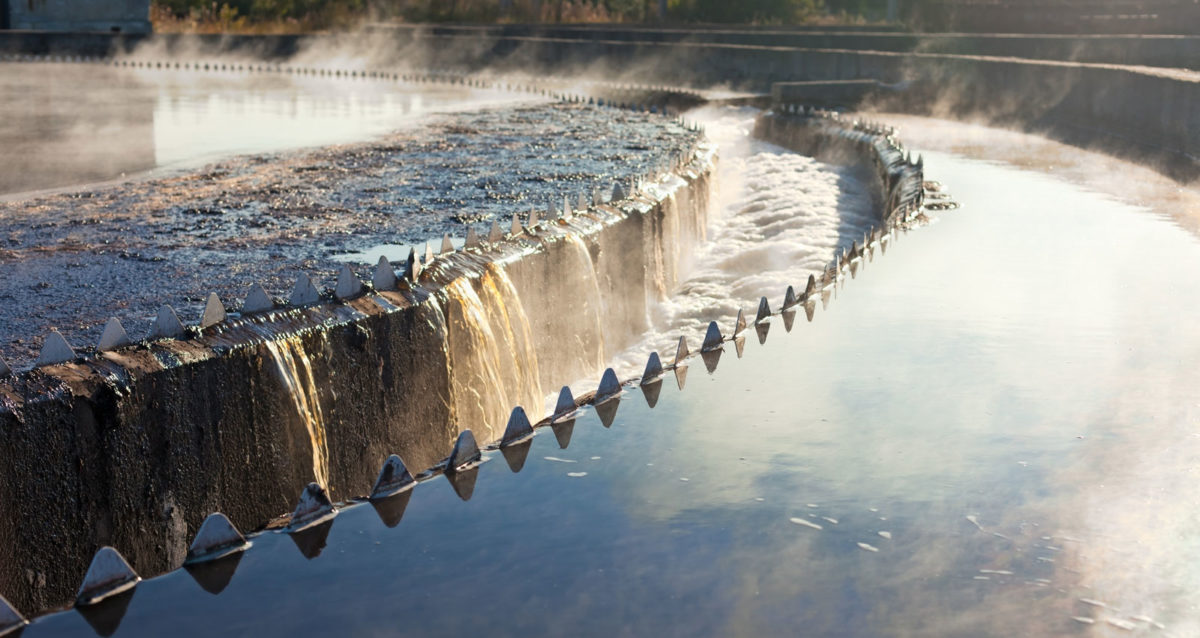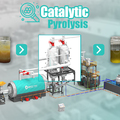Sewage sludge treatment is a critical aspect of wastewater management, aiming to safely and effectively manage the byproducts of sewage treatment plants. In recent years, pyrolysis treatment has emerged as a promising technology for transforming sewage sludge into valuable resources. In this comprehensive exploration, we delve into the benefits of sewage sludge pyrolysis treatment, highlighting its environmental, economic, and societal advantages.
Environmental Sustainability
Sewage sludge pyrolysis treatment offers significant environmental benefits by mitigating the environmental impact of sewage sludge disposal. Traditional methods of sewage sludge disposal, such as landfilling or incineration, pose environmental risks due to the potential release of harmful pollutants and greenhouse gases. In contrast, pyrolysis treatment converts sewage sludge into biochar, a stable carbon-rich material that can be used as a soil amendment or carbon sequestration agent. By sequestering carbon in biochar, pyrolysis treatment helps mitigate climate change and improve soil health, contributing to environmental sustainability.
Resource Recovery
One of the key advantages of sewage sludge pyrolysis treatment is the recovery of valuable resources from sewage sludge. Through the pyrolysis process, organic matter in sewage sludge is converted into biochar, a nutrient-rich soil amendment with water retention and fertility enhancement properties. Additionally, gases produced during pyrolysis can be captured and utilized as renewable energy sources, further enhancing resource recovery and energy efficiency. By recovering resources from sewage sludge, pyrolysis treatment promotes circular economy principles and reduces reliance on virgin materials.
Reduction of Environmental Footprint
Compared to traditional sewage sludge disposal methods, such as landfilling or incineration, pyrolysis treatment offers a reduced environmental footprint. Landfilling sewage sludge consumes valuable land resources and may lead to soil and groundwater contamination, while incineration emits greenhouse gases and air pollutants. In contrast, pyrolysis treatment converts sewage sludge into biochar, a stable and beneficial soil amendment, while minimizing emissions of harmful pollutants. By reducing the environmental footprint of sewage sludge disposal, pyrolysis treatment supports sustainable waste management practices and environmental stewardship.

Pathogen Elimination and Odor Reduction
pyrolysis treatment effectively eliminates pathogens and reduces odor associated with sewage sludge. The high temperatures used during the pyrolysis process destroy harmful pathogens, such as bacteria, viruses, and parasites, rendering the biochar safe for agricultural use. Additionally, volatile organic compounds (VOCs) and malodorous compounds present in sewage sludge are decomposed or adsorbed during pyrolysis, resulting in a significant reduction in odor emissions. This improvement in sanitation and odor control enhances public health and community well-being, particularly in areas near sewage treatment plants.
Soil Improvement and Fertility Enhancement
Biochar produced through sewage sludge pyrolysis treatment serves as an effective soil amendment, improving soil structure, fertility, and water retention capacity. The porous structure of biochar provides habitat for beneficial microorganisms and promotes soil aeration and drainage, enhancing soil health and productivity. Furthermore, biochar acts as a carbon sink, sequestering carbon in the soil and mitigating greenhouse gas emissions. By enhancing soil fertility and carbon sequestration, biochar contributes to sustainable agriculture and climate change mitigation efforts.
Regulatory Compliance and Sustainability
Sewage sludge pyrolysis treatment helps wastewater treatment plants comply with increasingly stringent environmental regulations and sustainability standards. Many jurisdictions impose strict limits on the disposal of sewage sludge due to concerns about environmental pollution and public health risks. pyrolysis treatment provides a sustainable alternative to traditional disposal methods, aligning with regulatory requirements and sustainability objectives. By adopting pyrolysis treatment, wastewater treatment plants can demonstrate their commitment to environmental stewardship and responsible waste management practices.
Economic Viability and Cost Savings
While sewage sludge charcoal manufacturing machine requires initial investment in equipment and infrastructure, it offers long-term economic benefits and cost savings. By recovering valuable resources from sewage sludge, such as biochar and renewable energy, pyrolysis treatment generates additional revenue streams for wastewater treatment plants. Moreover, the use of biochar as a soil amendment can improve crop yields and reduce the need for chemical fertilizers, leading to further cost savings for agricultural operations. Overall, pyrolysis treatment offers a financially viable solution for sewage sludge management, with the potential for positive returns on investment.
Conclusion
In conclusion, sewage sludge pyrolysis treatment offers a multitude of benefits, ranging from environmental sustainability to economic viability. By converting sewage sludge into biochar and renewable energy, pyrolysis treatment transforms a waste stream into valuable resources, while reducing environmental impact and promoting circular economy principles. As the demand for sustainable waste management solutions continues to grow, sewage sludge pyrolysis treatment stands poised to play a significant role in the transition towards a greener and more sustainable future.





